A St. Patrick’s Day Reading List
Pair your pint with one of these titles, whether classic or obscure
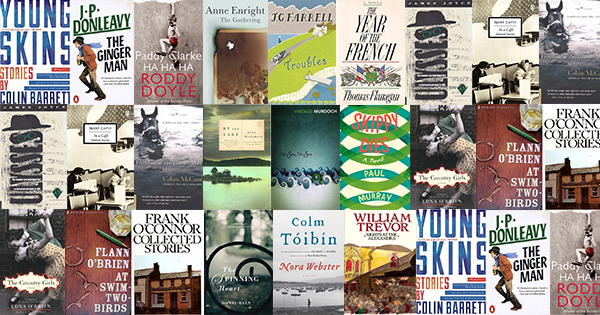
Ireland has been blessed with great writers, from the genius of James Joyce to the understated beauty of William Trevor. Raise a pint to St. Patrick for driving the snakes out of Ireland, and granting us another holiday associated with alcohol, and enjoy one of these books from the Emerald Isle.
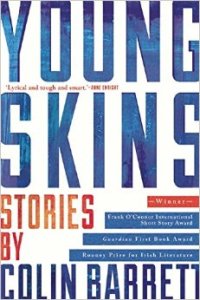
This award-winning debut story collection bristles with the tensions of rural town life, the stories of its young and wounded conveyed in sharp, glittering prose. Barrett doesn’t shy away from violence or ugliness, but his stories are tempered with humor and a total understanding of the psychological ravages of his characters.
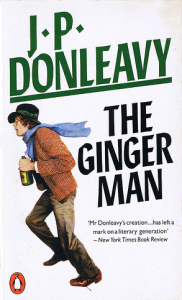
One of the funniest and raunchiest books ever written, a modern classic, and a pitch-perfect rendering of Ireland by a writer who was a native New Yorker.
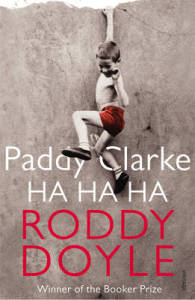
Winner of the Booker Prize, Paddy Clarke Ha Ha Ha follows the life of a 10-year-old Dublin boy whose family is disintegrating. Most memorable quote: “It was a sign of growing up, when the dark made no more difference to you than the day.”
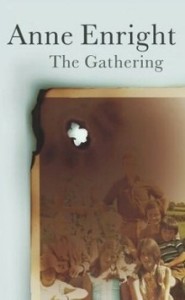
Winner of the 2007 Man Booker Prize, Enright’s novel has more layers to it—of grief, love, lightness, tragedy, absurdity, and trauma—than an onion, and may cause as much weeping.
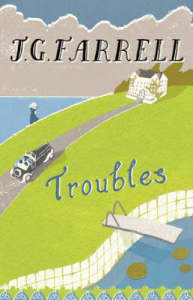
In the first book of Farrell’s “Empire Trilogy”—a chronicle of the crumbling British Empire from Ireland to India to Singapore—an ex-major in the British Army and his fiancée watch their relationship sour against the backdrop of a grand Irish hotel gone to ruin.
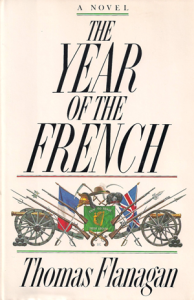
Another great Irish book by an American, this debut novel, which won the National Book Critics Circle award, is a story of a failed Irish rebellion, pitched against the historical weight of empire and religion.
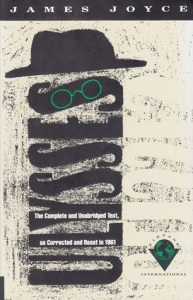
What would this list be without Ulysses, perhaps the greatest novel in the English language? Joyce’s epic is famously complex, but this story of two Dubliners, Stephen Dedalus and Leopold Bloom, set on a single day in June, is a wondrous, musical celebration of the mundane nature of human life. It is also full of wisdom—a primer on how to live a better life. The key is to read it as a novel, not as a text to be deciphered.
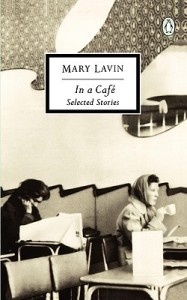
A master of the short story at a time when men dominated Irish literature, Mary Lavin was widely published in her day—including stories in The New Yorker and the serialization of her first novel in The Atlantic in 1944. This collection, compiled by Lavin’s daughter, includes stories written over the course of 50 years.
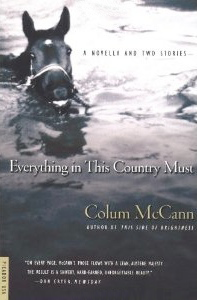
Three devastating stories about three teenagers struggling to understand themselves, their families, and their country’s violent, divided history, set during Ireland’s Troubles.
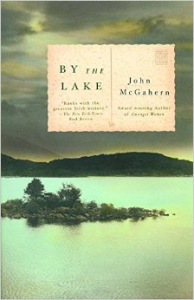
A powerful novel in which very little happens, where the rhythms of rural Ireland come alive over a single year, after a London couple moves to a lakeside farm.
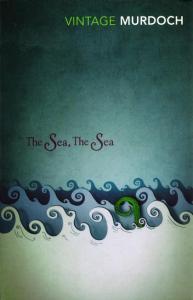
The Irish-born, English-raised Murdoch—whose selected letters are reviewed in our current issue—wrote a number of complex, philosophical novels, but this one is filled with black humor. An egomaniacal theater director flees to a house on the sea, intending to learn how “to be good,” whatever that means.

A hilarious novel set at an imaginary boarding school, replete with a ridiculous, but very human, cast of characters—like a rotund whiz on the hunt for aliens and a resident sociopath.
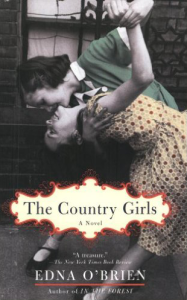
Martha McPhee, writing in our Reading Lessons column, praised this book as the one that “looms over [her] entire experience as a reader.” O’Brien’s first novel was banned by the Irish censor and publicly burned by her family’s parish priest—all the more reason to read it today.
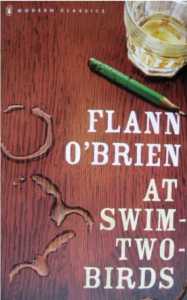
Brian O’Nolan wrote under a dizzying array of pseudonyms in a number of forms, all while working respectably in the Irish civil service until retirement. At Swim-Two-Birds is not a respectable novel—it’s a riotous blend of autobiography, Irish legend, and satire narrated by an Irish student of literature whose characters plot to overthrow him.
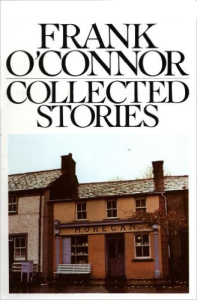
O’Connor was a fine critic and essayist, but his masterly short fiction is essential reading; some of his stories are as great as any in the English language.
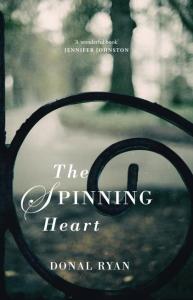
Best described as a novel in stories, Ryan’s first book of fiction deals with Ireland’s 2008 financial collapse, and a small town torn apart by violence and rumor.
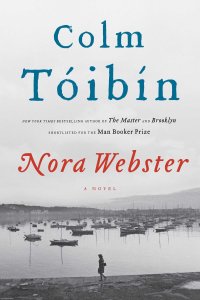
Set in the same universe as Brooklyn—the novel that made it to the big screen last year—Nora Webster is the warm, charming story of a woman learning to live after her husband’s death, with the help of singing lessons and a few old 45s.
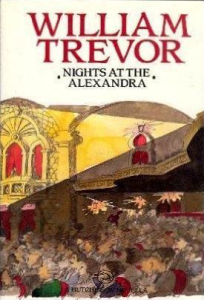
In this short, perfect novel—presented as the reminiscences of an older man looking back on his childhood—a young boy’s life changes forever when his small town’s first movie theater opens.

